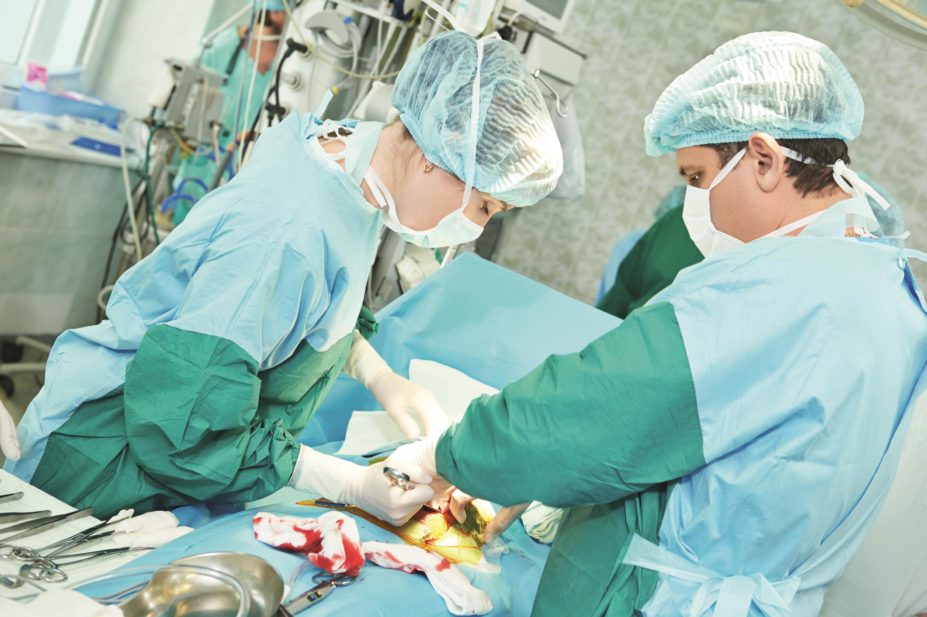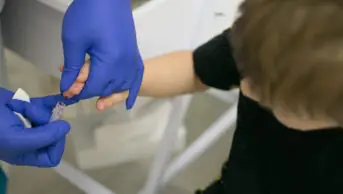
Shutterstock.com
Patients with diabetes and stress-induced hyperglycaemia are at increased risk of complications following surgery.
Researchers from the Kaiser Permanente Center for Health Research in Portland, Oregon, found that a pharmacy-led glycaemic control programme improved post-surgical outcomes for such patients.
The programme involved a team of dedicated ‘glycaemic pharmacists’, who were available seven days a week to manage intravenous insulin, calculate insulin doses, and manage parenteral nutrition, among other responsibilities.
Compared with a cohort of patients who underwent surgery before the programme was introduced, patients treated in the programme were more likely to have good glycaemic control after surgery (odds ratio [OR] 2.24 in year 1; 95% confidence interval [CI] 1.85–2.72; P<0.0001) and were less likely to develop hypoglycaemia (OR 0.38 in year 1; 95% CI 0.31–0.46; P<0.0001).
Patients treated in the programme were also less likely to require readmission in the three months following surgery and incurred lower medical costs during six-month follow up.
In American Journal of Pharmacy Benefits
[
1]
(2015;7:e126–e134), the researchers say such programmes could help reduce variability around the implementation of glycaemic control guidelines.
References
[1] Mosen DM, Mularski KS, Mularski RA et al. Pharmacist glycemic control team associated with improved perioperative glycemic and utilization outcomes. American Journal of Pharmacy Benefits 2015;7:e126–e134.


